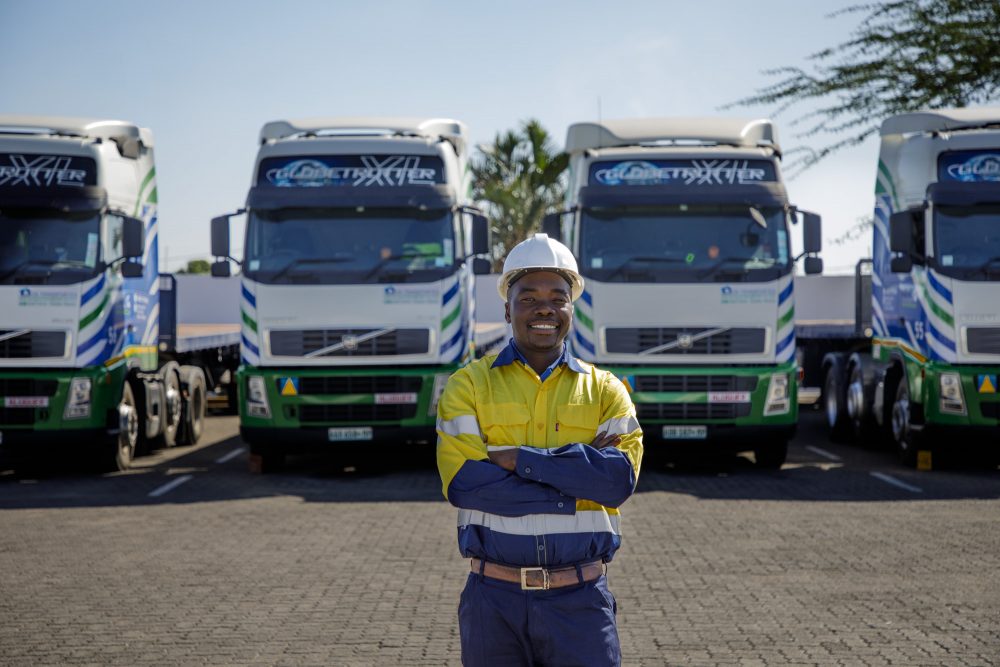Transaid launches driver training project in Mozambique
27th June 2022

Transaid is preparing to support refresher training for at least 400 heavy goods vehicle drivers within small and medium-size enterprises (SME) in Mozambique, just a few months after securing a contract to extend its professional driver training work into yet another sub-Saharan country.
It follows a period of intense work by the Transaid team within the southern African nation, where it has been working to assess the supply and demand of local drivers and driver training. This has included developing a suite of demand-orientated road safety, defensive driving and soft skills courses to be offered by local driving schools and in-house trainers.
Transaid’s heavy involvement is part of an initiative led by GIZ Employment and Skills for Development in Africa (E4D), which is funded by the German government with support from the Norwegian government, Appload, and EnergyWorks.
Neil Rettie, Road Safety Project Manager at Transaid, explains: “HGV driver training is currently limited in Mozambique, and it raises concerns that drivers are not sufficiently trained for the demanding roles they undertake. This in turn puts both them and other road users at serious risk.”
Transaid’s brief is to train a minimum of 10 driving instructors from four to five training schools, who will then deliver training to at least 400 existing HGV drivers.
Rettie adds: “We are confident our proven ‘train the trainer’ model will help to deliver a sustainable change to driver training standards in Mozambique, just as it’s already doing in countries including Tanzania, Uganda and Zambia.
“This is a really important project for Transaid, as it directly supports our belief that drivers should be able to leave for a day’s work without the fear they may not come home because of a lack of training, or dangerous vehicles and roads.”
There are currently no standardised training materials for driving schools and other training providers in Mozambique, and training is largely aimed at fast acquisition of driving permits – rather than imparting high quality skills. As a result, many professional drivers depend largely on peer-to-peer or self-learning methods, and do not undergo structured and comprehensive practical and theoretical training.
This initial project to deliver training to at least 400 drivers is scheduled to be completed by July 2023.

